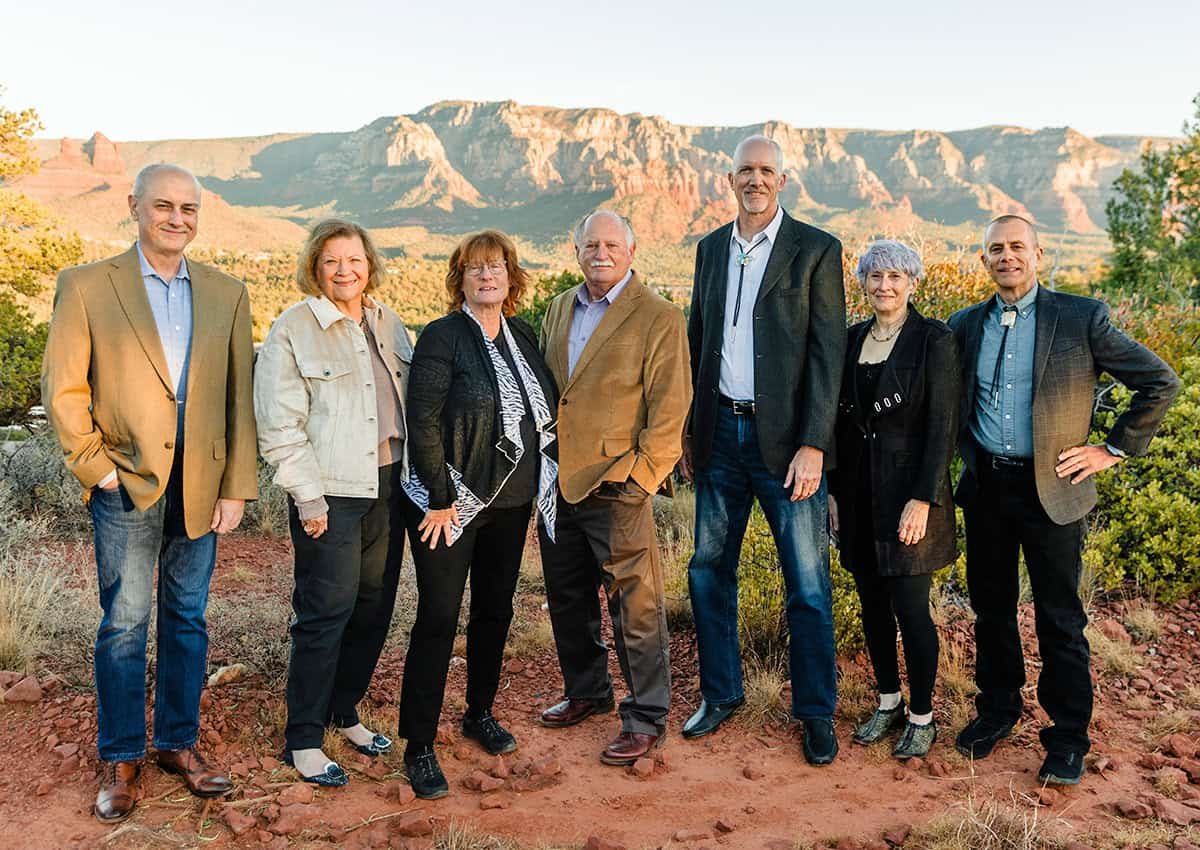City News
City Council Adopts Groundbreaking New Meeting Rules

The Sedona City Council recently adopted new procedural rules, marking a significant update since the previous version. This decision, effective from March 11, was approved unanimously as a consent item. While many of the changes are administrative in nature, several amendments enhance the council’s operational flexibility.
Among these alterations, the council now has the authority to pass multi-subject ordinances. Additionally, they have lowered the threshold for suspending procedural rules from three-quarters to a simple majority. This change means that only four votes are now necessary for such decisions. Another key modification allows council members to serve as voting members on other city bodies while still holding their council positions.
The council initially began discussions about these updates on February 12. These deliberations coincided with a broader reconsideration of policy priorities for the upcoming year. A notable amendment to City Code Section 2.20.090 enables the council to adopt its own procedural rules, prioritizing the latest version over any previous ones. This amendment aims to clarify past ambiguities regarding the applicability of Robert’s Rules of Order, specifying that these rules will no longer apply when in conflict with the council’s procedures.
Further adjustments include the enabling of an immediate suspension of rules by simple majority during discussions. The March 11 council packet highlighted that these reforms aim to align the code with practices established since 2003.
Specific procedural rules were also modified: Rule 1.A.1 now stipulates that amendments to the rules must pass by a majority of all council members. Rule 2.D.9 mandates public meeting attendees to mute, rather than turn off, their cellphones. Additionally, Rule 3.A.5.b requires the presentation of reports after any executive session actions.
Other notable changes include a clarification in Rule 3.B.2, ensuring that any motion appealing the mayor’s decisions must be seconded and can be debated. The role of public speakers is further safeguarded by defining the time limit more explicitly, set at three minutes per agenda item. The requirements for placing items on the agenda have also changed; it now takes the support of three council members, as opposed to two, and eliminated the previously existing “agenda team” that had decision-making authority over agenda items.
Moreover, the definitions within Rule 3.L regarding ordinances and resolutions have been clarified, and the council’s ability to decide on agenda items has shifted to the city manager or city clerk. The expansion of disorderly conduct definitions in Rule 6.B.3 broadens the scope for potential ejections during meetings for safety-related breaches.
Lastly, the council amended city Policy B to ensure any inter-member communications via email adhere strictly to open meeting and public records laws. Overall, the revisions reflect an intention to streamline council operations and enhance governance transparency.
















